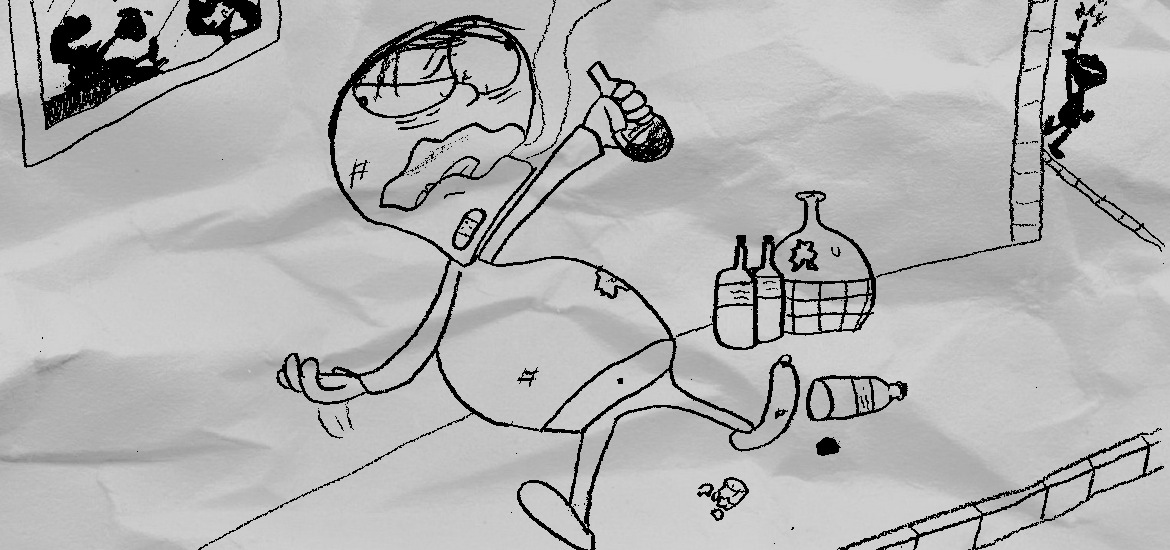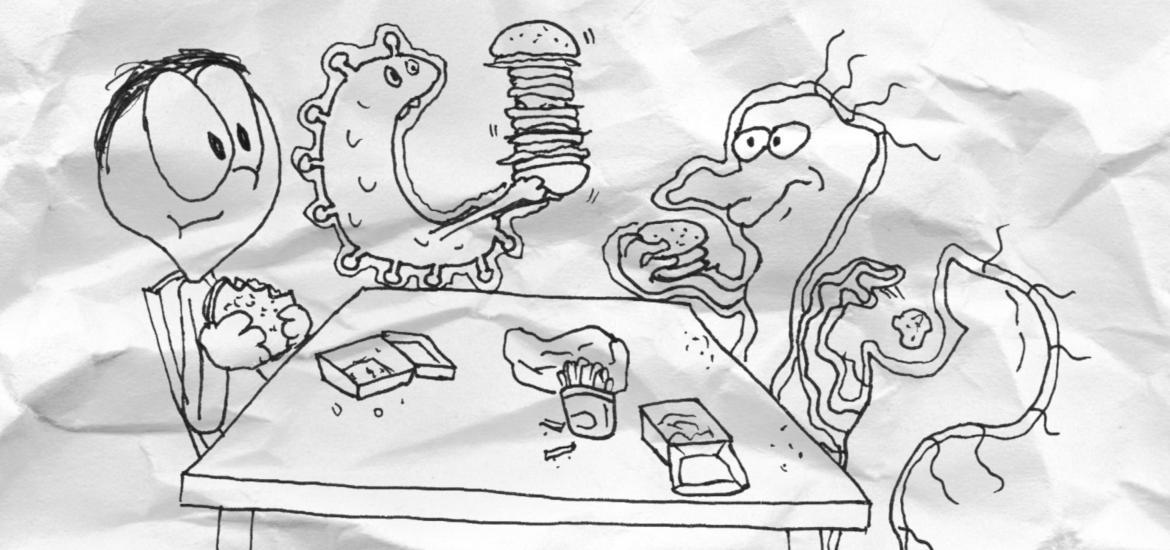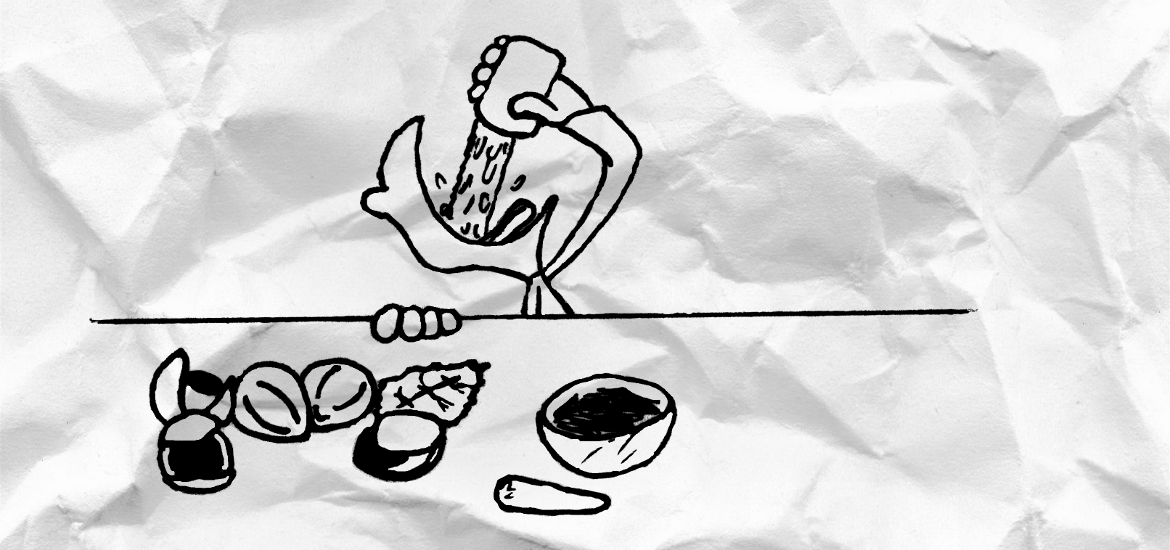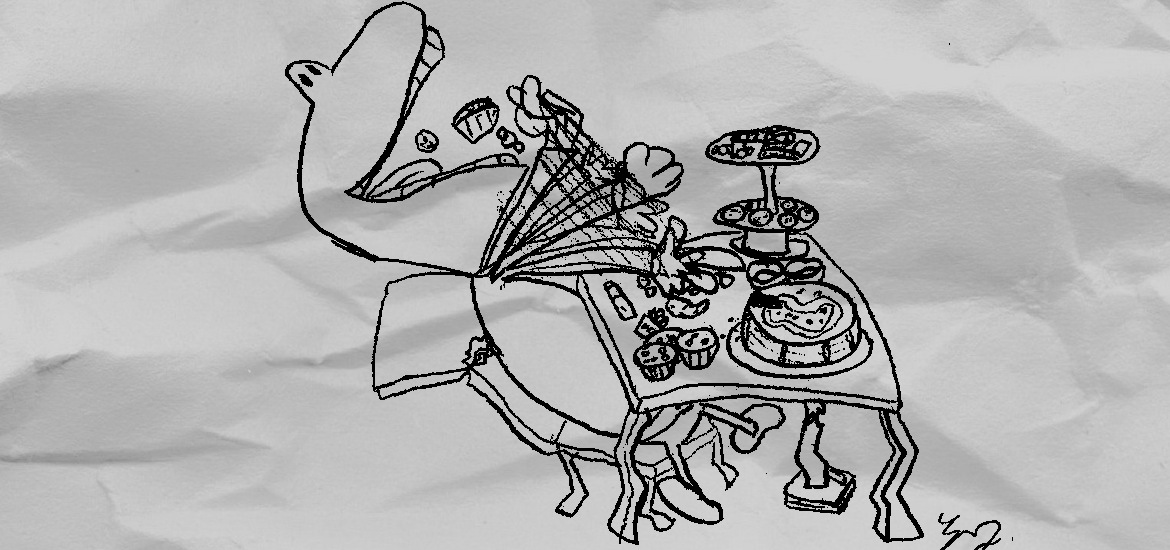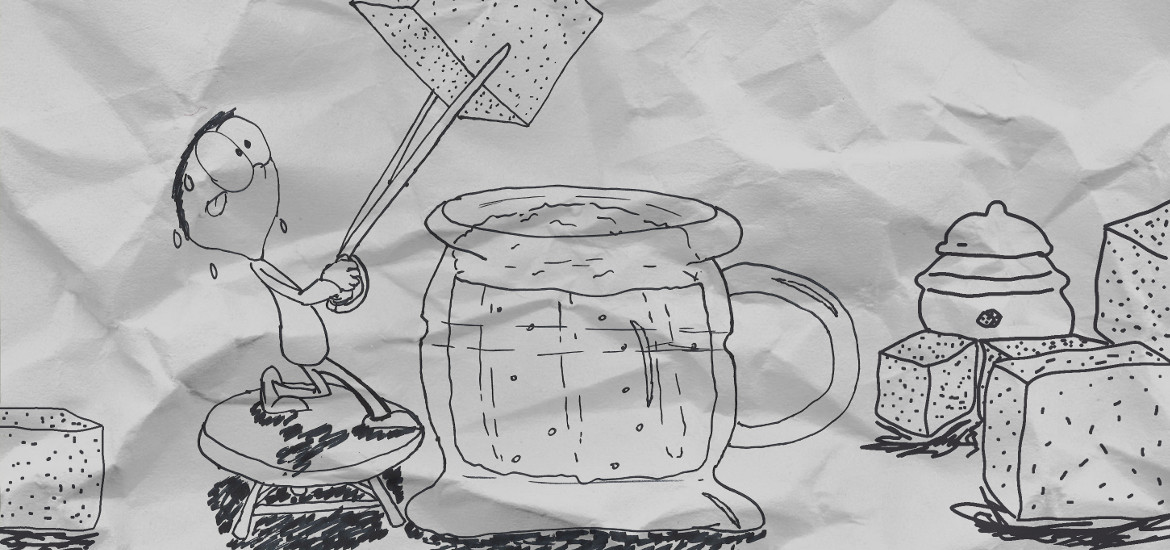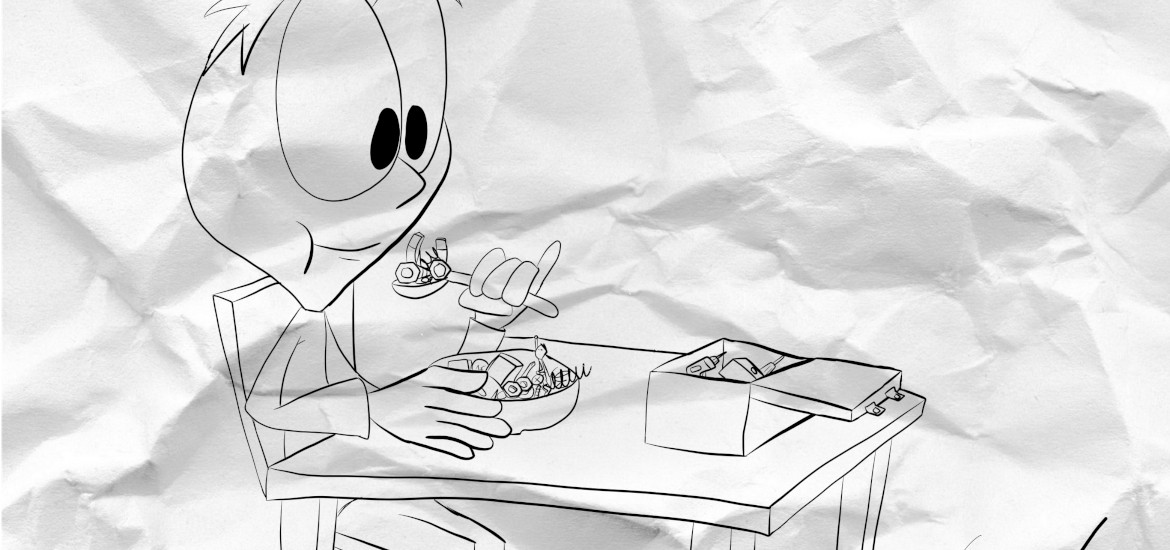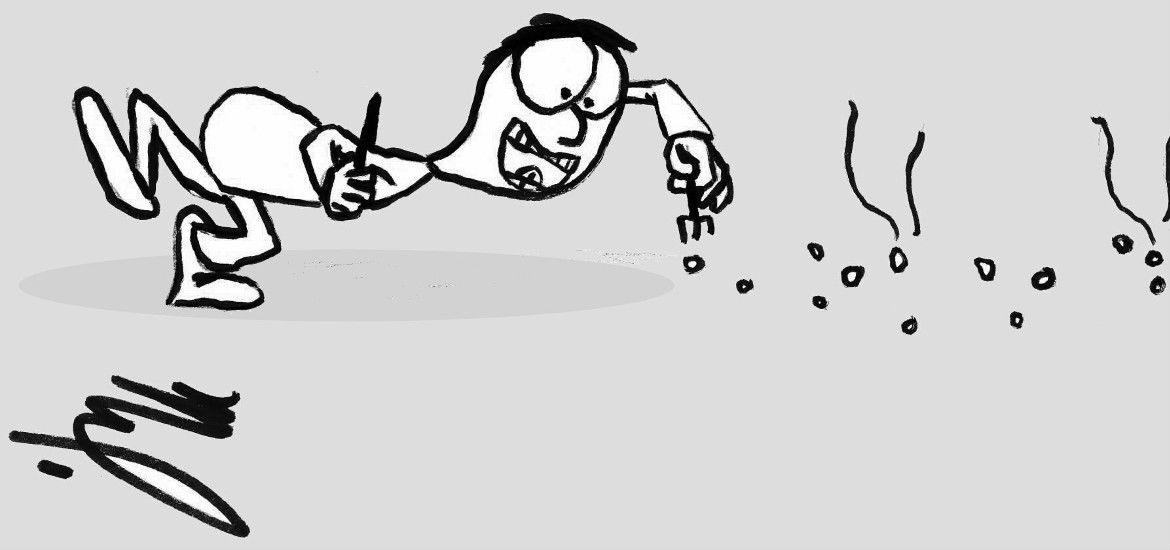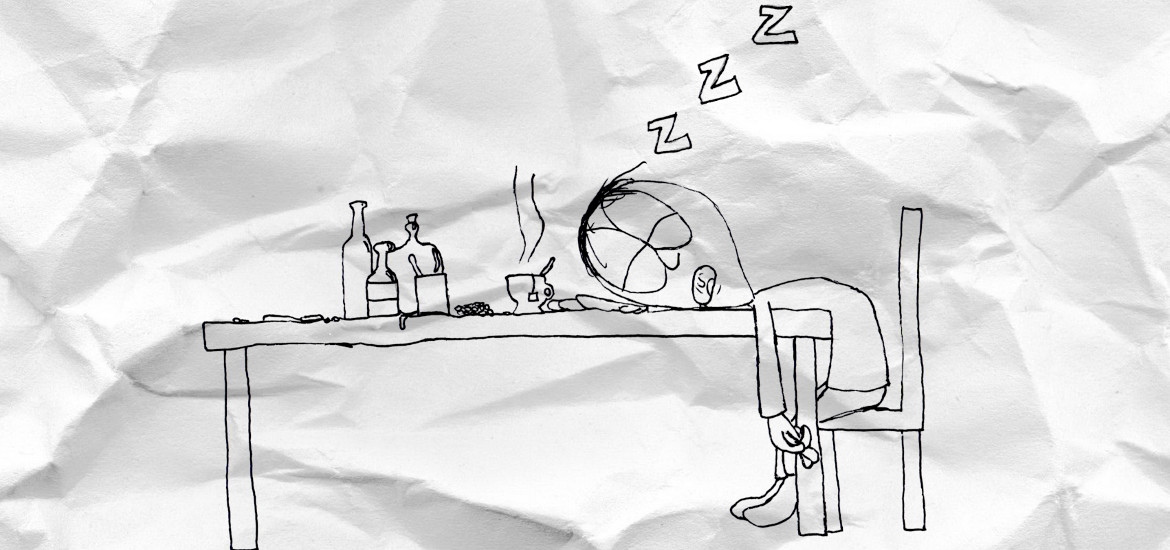Alcohol (ethanol) is a regular companion in western cuisine. But how much calories do we get from it? Some say that although ethanol has calories – 7 kcal per gram (more than carbohydrates – e.g. sugar! – as already described) – they actually are not used (or entirely used) by your body. So, let’s try to approach this in a scientific way:
Alcohol absorption
In order for your body to use something, is must actually get into your blood (this is called absorption). If only a small portion of the alcohol that you drink would get into your system, than the amount of calories would also be much lower than stated on the bottle. Well, alcohol does get into your blood – you can feel it every time that you had a glass (or two) of a nice chardonnay. But does all of the alcohol that you drink get into your system? This is actually scientifically hard to determine, since the alcohol that is absorbed first passes through your liver which immediately metabolizes a part of it (and the amount metabolized is extremely variable between the individuals as well in different time periods in a single individual). For healthy young people the amount of alcohol in the blood is around 10% lower of the total alcohol given (article here) and I would say it is safe to assume that this 10% is metabolized rather than not absorbed. Further, alcohol is a fairly small molecule, which mixes well with water as well as fats, therefore also theoretically it should be absorbed completely.
Alcohol excretion
Ok, so the alcohol is completely absorbed. But this still does not mean that it is used by the body to give us energy (or increase our body mass). It could also be excreted (eliminated) from the body before it is used.
Well, bad luck. The majority (95%) of the alcohol is metabolized by the body as stated here – interestingly Wikipedia uses the same reference. Further, this article describes that the amount of alcohol excreted by urine alone is around 0.7-1.5% of the amount consumed – which matches with the above reasoning that include also perspiration, breath, feces, milk and saliva.
Alcohol metabolism
So, apparently the majority of alcohol is used (metabolized) in the body – now for the main question: what happens to alcohol which is metabolized? The process of alcohol metabolism in the body is complex as everybody will tell you – a nice description of the main ways is described here. As always, the variability between people is enormous, so we can make an approximation and still be on the safe side. We can safely assume that all the alcohol is metabolized by the enzyme called alcohol dehydrogenase (diagram here) – which is the most common and most direct way to go. In this scenario alcohol is converted to acetaldehyde, which is rapidly converted (since it is toxic and the body wants to get rid of it as fast as possible) to acetic acid. In both conversions some energy is obtained, since the substances are oxidized. Voila, we are getting energy from the alcohol! Well the majority of energy is still stored in the acetic acid – which can be further used by the body to produce energy, carbon dioxide and water, using the same processes as all carbohydrates (sugars). There is some speculation that acetic acid is excreted from the body, but I did not find any evidence in the scientific literature. Given the body’s tendency to get as much energy as possible, I would say it is highly unlikely that a significant amount would be excreted. Further, as summarised here, several approaches confirm that the body efficiently uses energy stored in the alcohol.
Final words
As always, internet is full of different ideas, like here. Although the article is relatively fine, I makes the wrong conclusions (or does not provide any direct conclusion). So from alcohol having minimal (or no) influence on body energy and weight increase up to having severe influence – according to the internet the possibilities are enormous.
In my opinion (based on the above research) our body readily uses all the energy provided by alcohol (ethanol) we consume. So, there is no way that our body won’t use the energy provided by a small and readily digestible molecule. The total caloric gain for you body is greater if you eat a lunch with a nice glass of wine instead of water – period. If, however, alcohol consumption does result in increased overall weight gain is debatable and, in my opinion, much more related to lifestyle and persons characteristics than direct alcohol consumption. It might just be that a nice nightcup will prevent you from midnight binge eating! Cheers!
